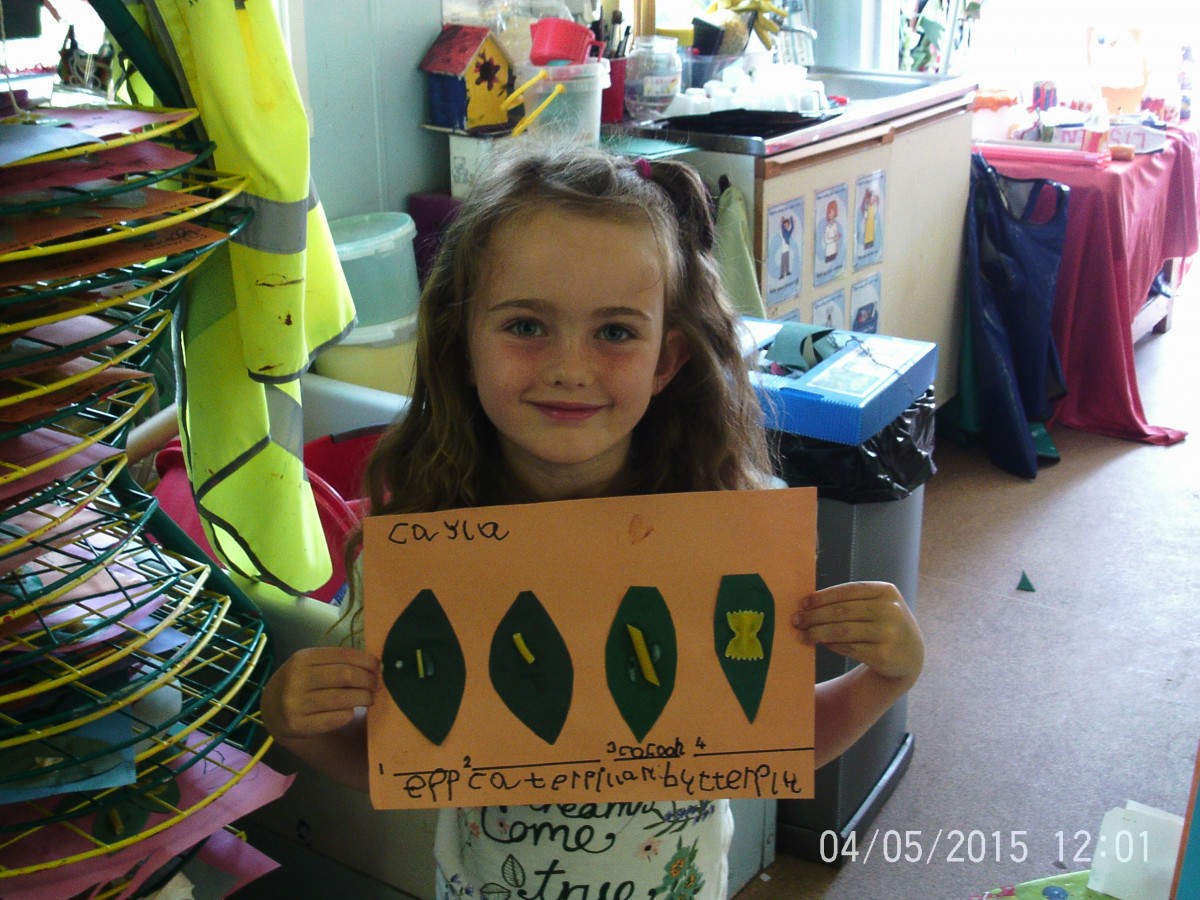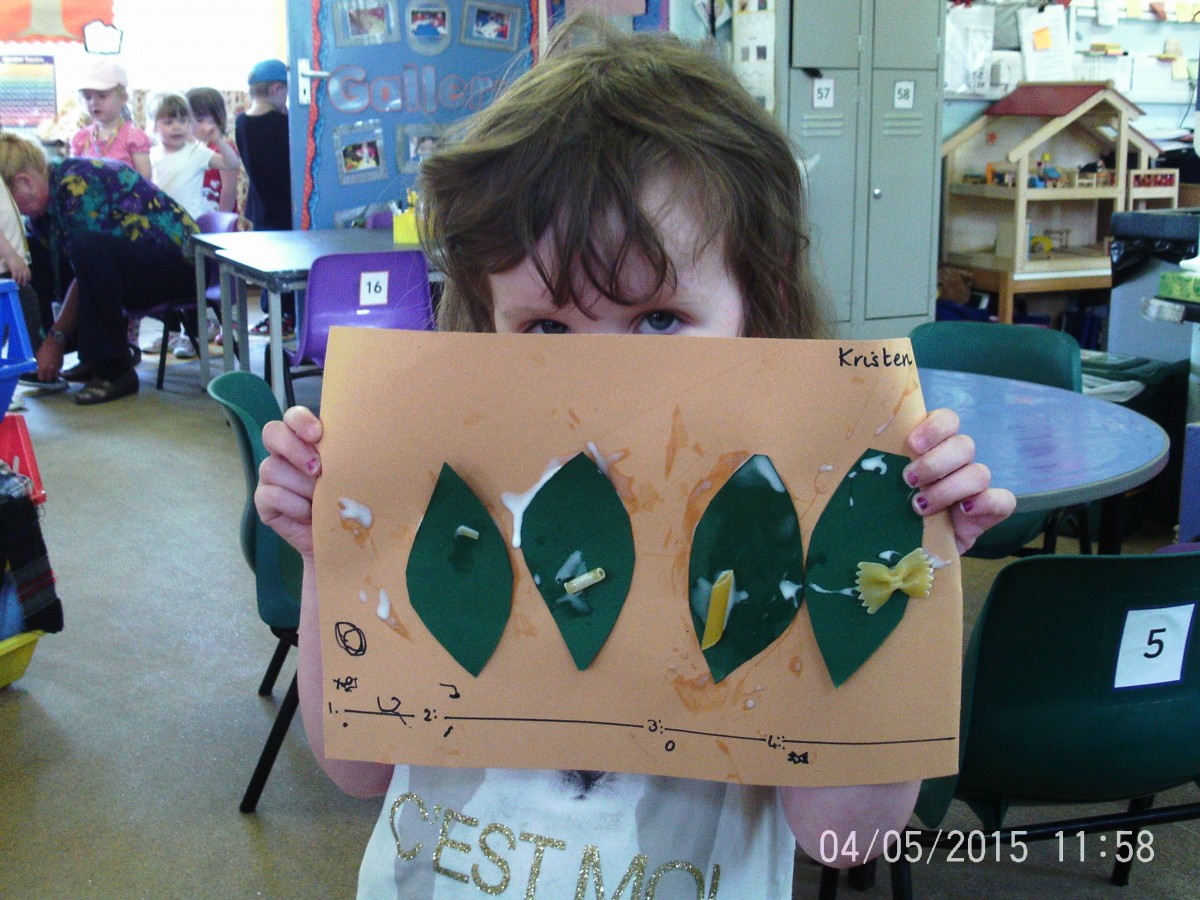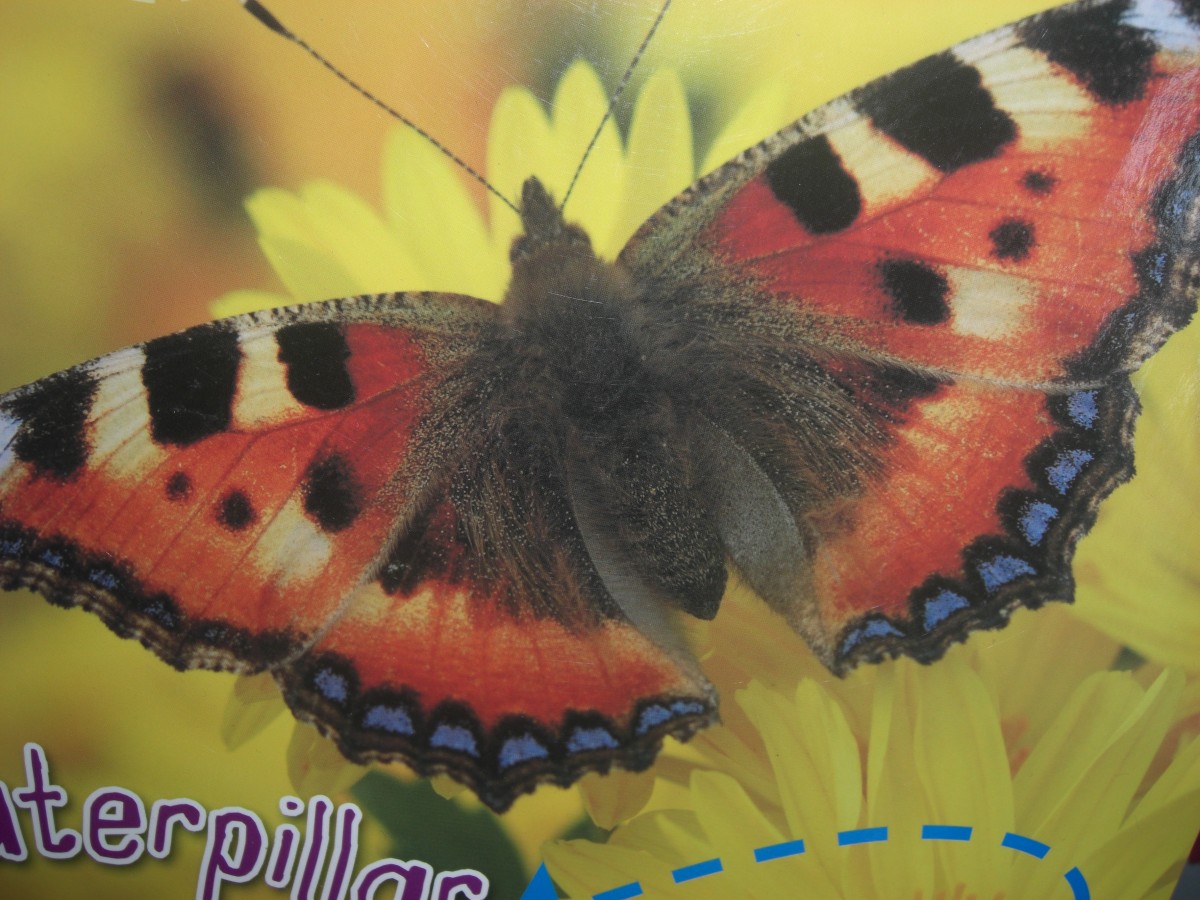We are learning to research and report on scientific news items
A successful report will include:
- Mission name
- Date it happened
- Information about the significant event
- Country responsible
- Duration- 1 minute
This week, Primary 5 received Mission 4 as part of their IDL context, Project Planetarium. We were challenged to work in our home teams to research two significant space missions from throughout history. We then worked as a class to put together a timeline of space exploration in our very own documentary, A History of Space Travel.
To prepare, each home team had to select an envelope containing two space missions they were to research, along with some QR codes which linked to useful websites they could use. We also had a set of useful links posted on our Yammer page and could use our own or the schools devices to access these.
Most teams decided to share the work between them, researching a different mission each and then sharing their findings with each other. Next, we began to rehearse our news reports, utilising the skills we have been developing in drama, and, finally, we filmed them. So fasten your seat belts and prepare for lift off as we blast you into the past on a journey through space travel…




































































